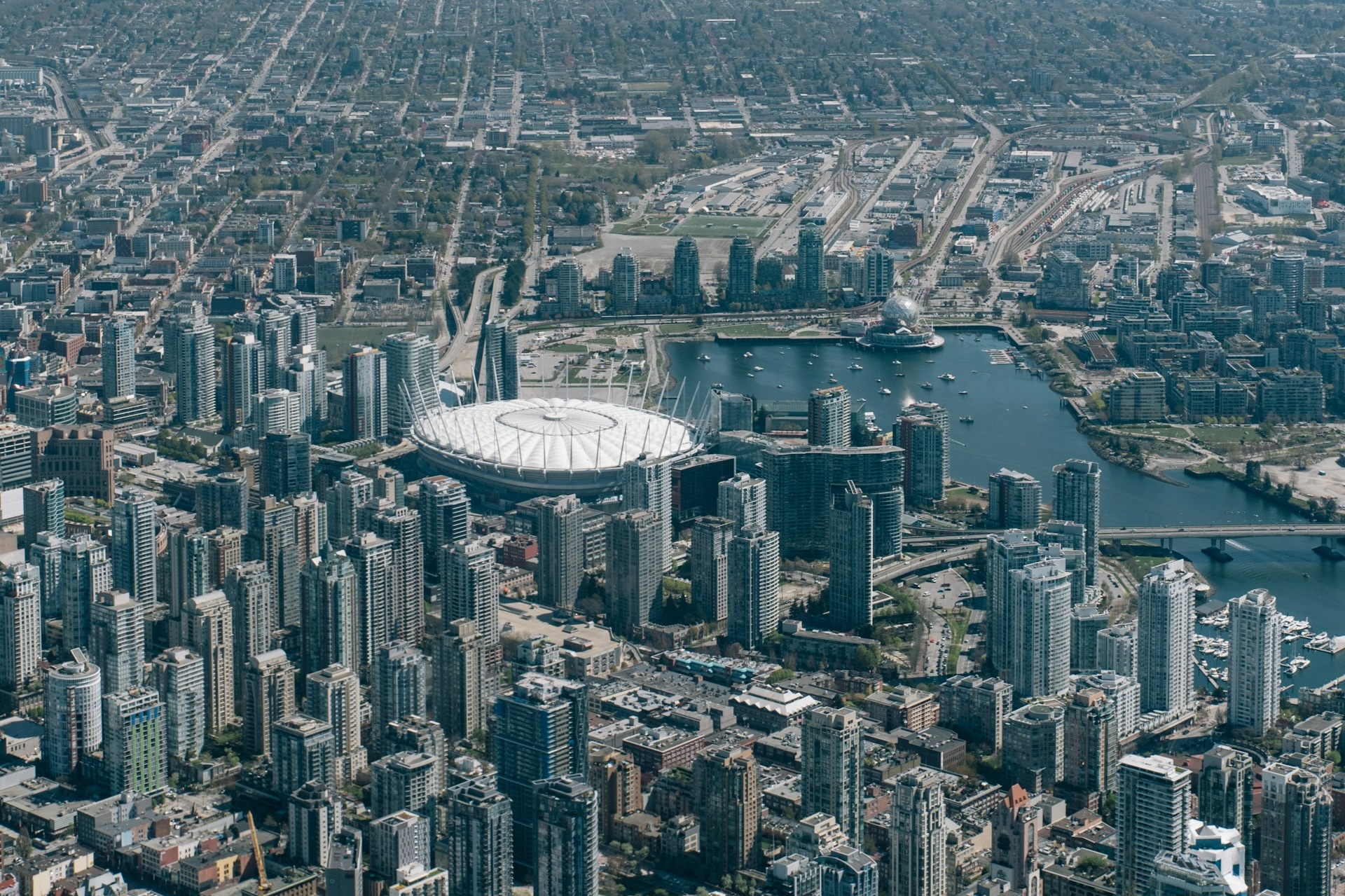Millions of Australian mortgage holders are missing out on savings after the latest interest rate cut due to a little-known banking policy.
Millions of Aussie mortgage holders expecting relief from the Reserve Bank’s latest rate cut could be missing out, simply because they haven’t asked for it.
New analysis from Mozo has revealed a sneaky bank practice that’s quietly keeping repayments high, despite falling interest rates – and it’s costing some borrowers hundreds of dollars a month.
Three of the Big Four banks, CommBank, NAB and ANZ, are not automatically reducing monthly direct debits for variable-rate home loan customers, even after passing on a 25 basis point cut to interest rates, the analysis revealed.
RELATED: Hawthorn star’s bizarre career change exposed
‘Tough’ call as rents fall in 129 suburbs
Bulldozed Toorak block asks $40m+ for dirt
That means borrowers could still be paying pre-cut amounts, unless they manually contact their lender or adjust repayments online.
Mozo personal finance expert Rachel Wastell said it was a classic case of “don’t ask, don’t get”.
“Most people assume a rate cut means they’ll pay less, but unless they log into their banking app or call their lender, that repayment could stay exactly the same,” Ms Wastell said.
“And even if you ask, the delay can be up to 37 days, that’s a big hit for people doing it tough.”
Home loan customers may need to manually request lower repayments after a rate cut, as most banks don’t reduce them automatically.
PropTrack senior economist Anne Flaherty said the misconception was widespread.
“Unless you’ve fixed your mortgage, you should benefit from a rate cut, but it’s not always automatic,” Ms Flaherty said.
“If borrowers don’t know they need to act, they could be missing out at a time when every dollar counts.”
PropTrack economist Anne Flaherty said many borrowers wrongly assume their repayments will drop automatically when rates are cut.
Ms Flaherty said many buyers were already stretched, and the illusion of lower repayments might be fuelling risky optimism.
“Confidence tends to grow when rates fall, and that’s when competition increases and prices rise,” she said.
“But if repayments haven’t actually changed yet, that optimism could be premature.”
According to PropTrack’s Home Price Index, national home values rose 0.39 per cent in May, marking five straight months of growth and a new all-time high.
Melbourne posted the biggest monthly gain at 0.79 per cent, as cheaper credit unlocked more borrowing power and demand.
Independent economist Cameron Kusher warns lower interest rates often push property prices higher, cancelling out affordability gains.
Independent economist Cameron Kusher said the idea of housing affordability improving after a rate cut for buyers was often misleading.
“Yes, lower rates ease repayment pressure,” Mr Kusher said.
“But they also push prices higher. Any gain is often cancelled out.”
Mr Kusher warned that without major housing supply reform, the situation would only worsen.
“If we want to genuinely slow the pace of price growth, we need a lot more homes,” he said.
“But right now, high construction costs and feasibility issues are choking supply.”
Sign up to the Herald Sun Weekly Real Estate Update. Click here to get the latest Victorian property market news delivered direct to your inbox.
MORE: Revealed: The property price gap Boomers don’t talk about
Melb family’s cat helps lock in $200k Amazon win
No more ‘awkward conversations’: wild rental crisis solution
david.bonaddio@news.com.au
















 English (US) ·
English (US) ·